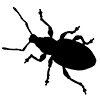For my latest project I am producing a series of images and video on freshwater invertebrates. I am fortunate enough to live in an area where fresh water streams are abundant and discovering the many varied creatures that call this environment home has been a lot of fun.
This project follows closely to the work I have previously done on dippers. It has been my intention for a while to study the animals on which dippers feed, freshwater invertebrates making up a large percentage of their diet. Of particular interest to me has been looking at caddis fly larvae. These are an important food source for dippers, particularly when it comes to raising their young.
As always, it has been my mission to create some visually engaging images but also to reveal the intriguing behaviour of these insects. Using a sticky silk secreted from glands in their head, caddis fly are able to construct a protective casing from material they find on the river bed. These casings are intended to protect and camouflage the vulnerable caddis larva before being discarded when they make their transition to adulthood. It is these discarded empty casings that I have photographed.
Despite the apparent protection that they offer, I have witnessed first hand a dipper deftly catch and extract a caddis larva from it’s casing. Grabbing the larva by it’s head, the bird is able to repeatedly flick the casing against a rock and thereby dislodging the poor insect.
It is my intention for later in the year to sample the river on which the dippers live. For now however I have focused on smaller more accessible streams. Below you can see some photographs of the area that I sampled.
As ever I am amazed and inspired by the beauty and complexity of the animals in my local area. I hope you enjoy the photographs as much as I have enjoyed taking them.
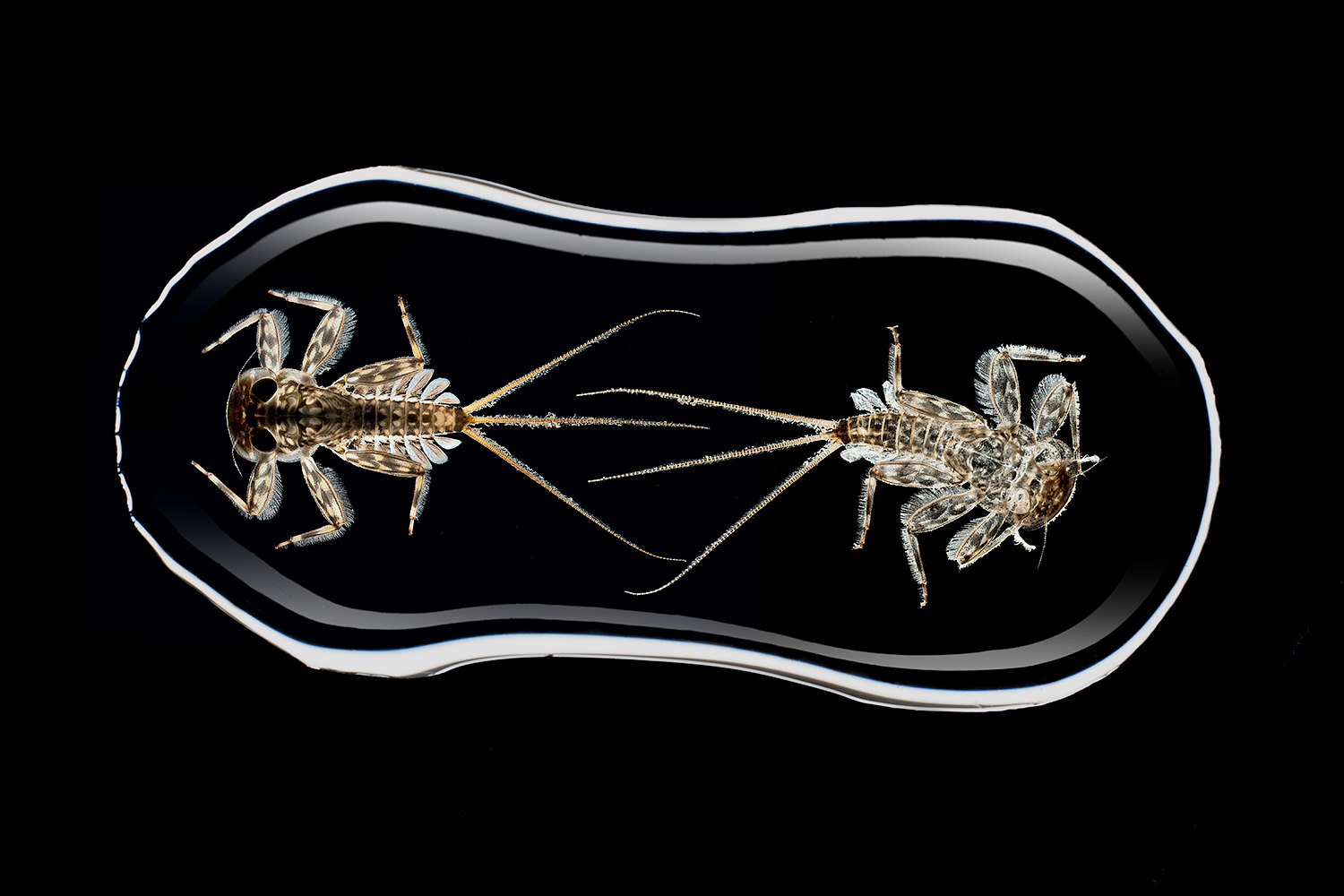
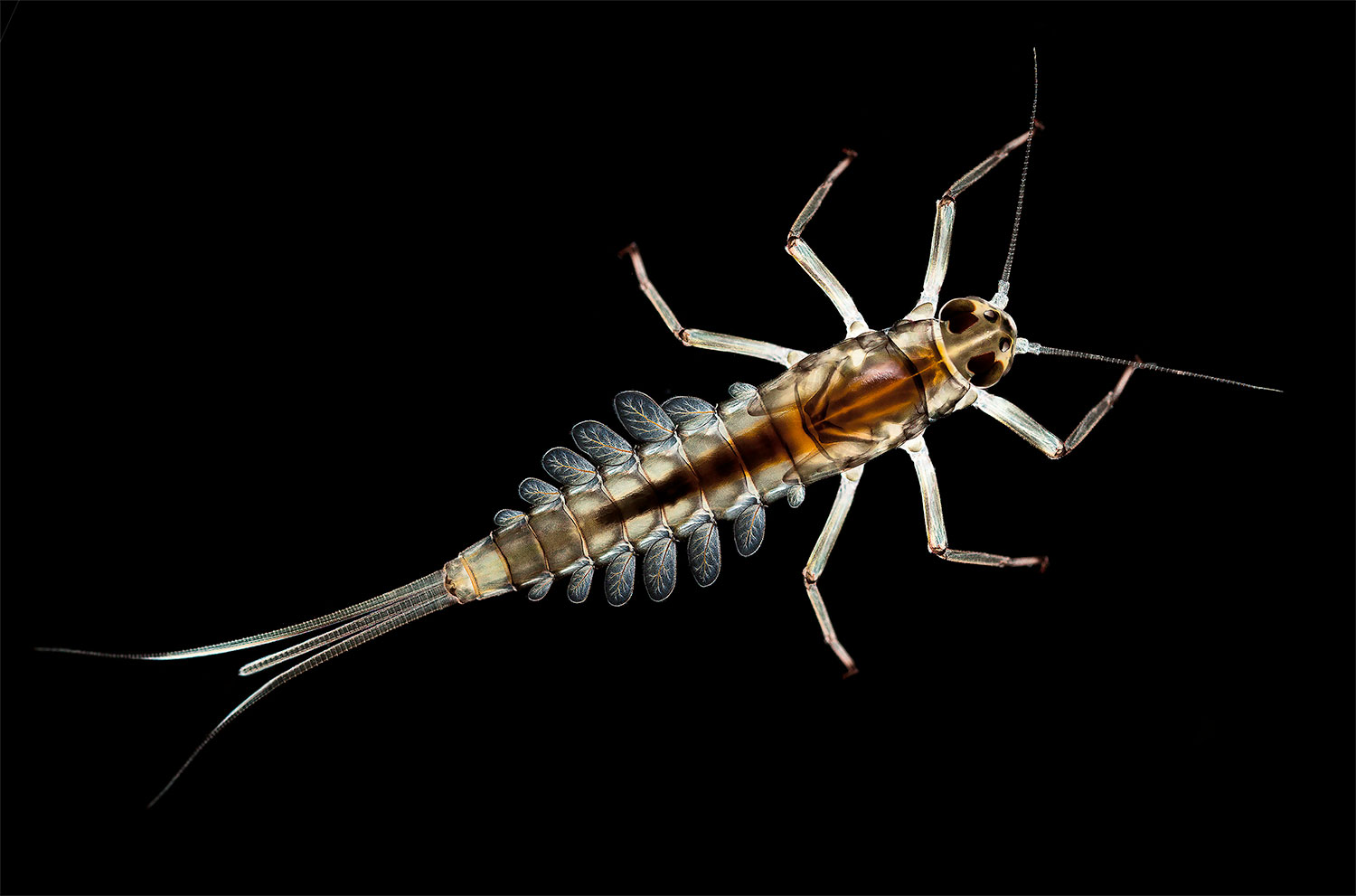
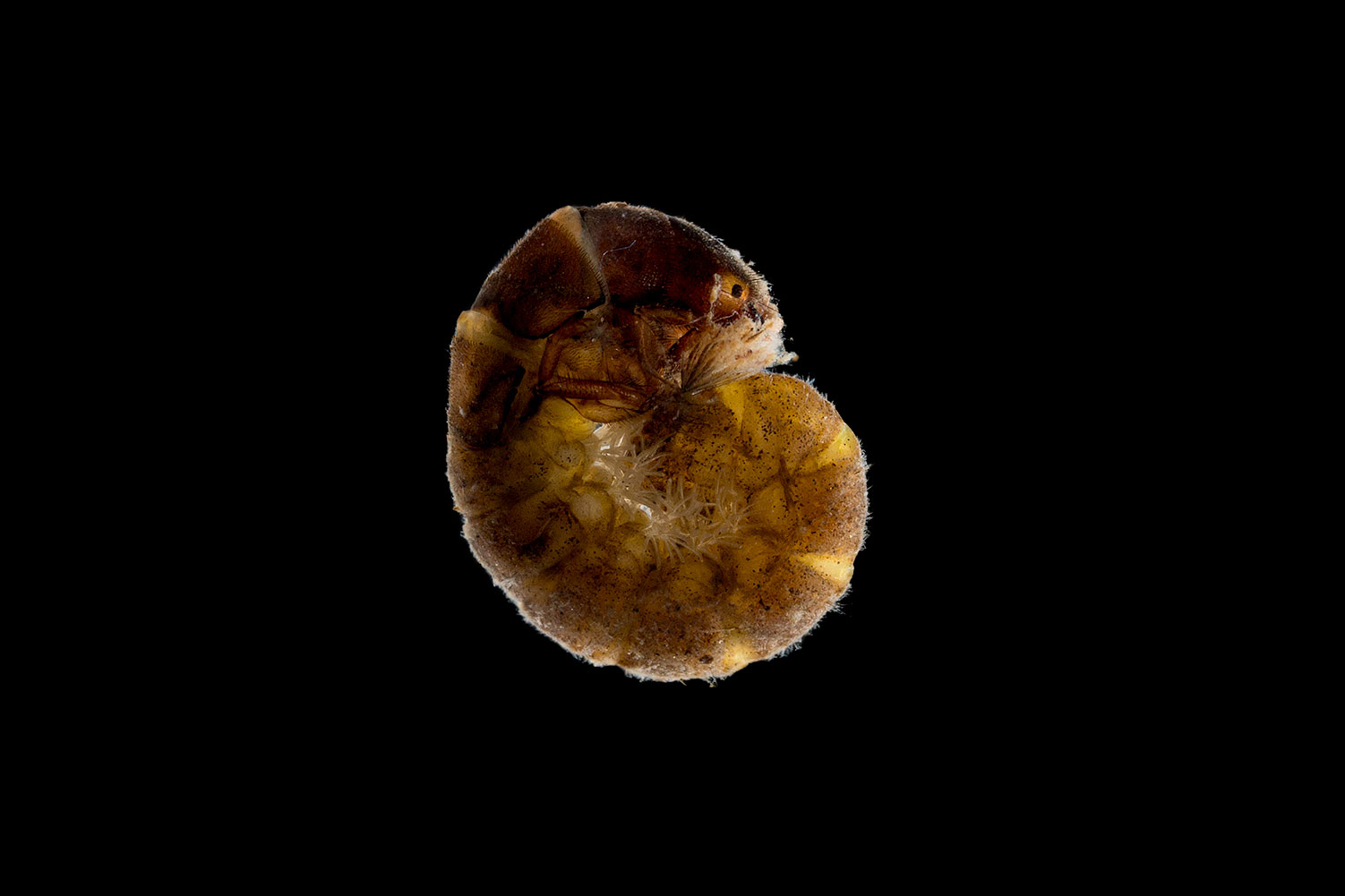
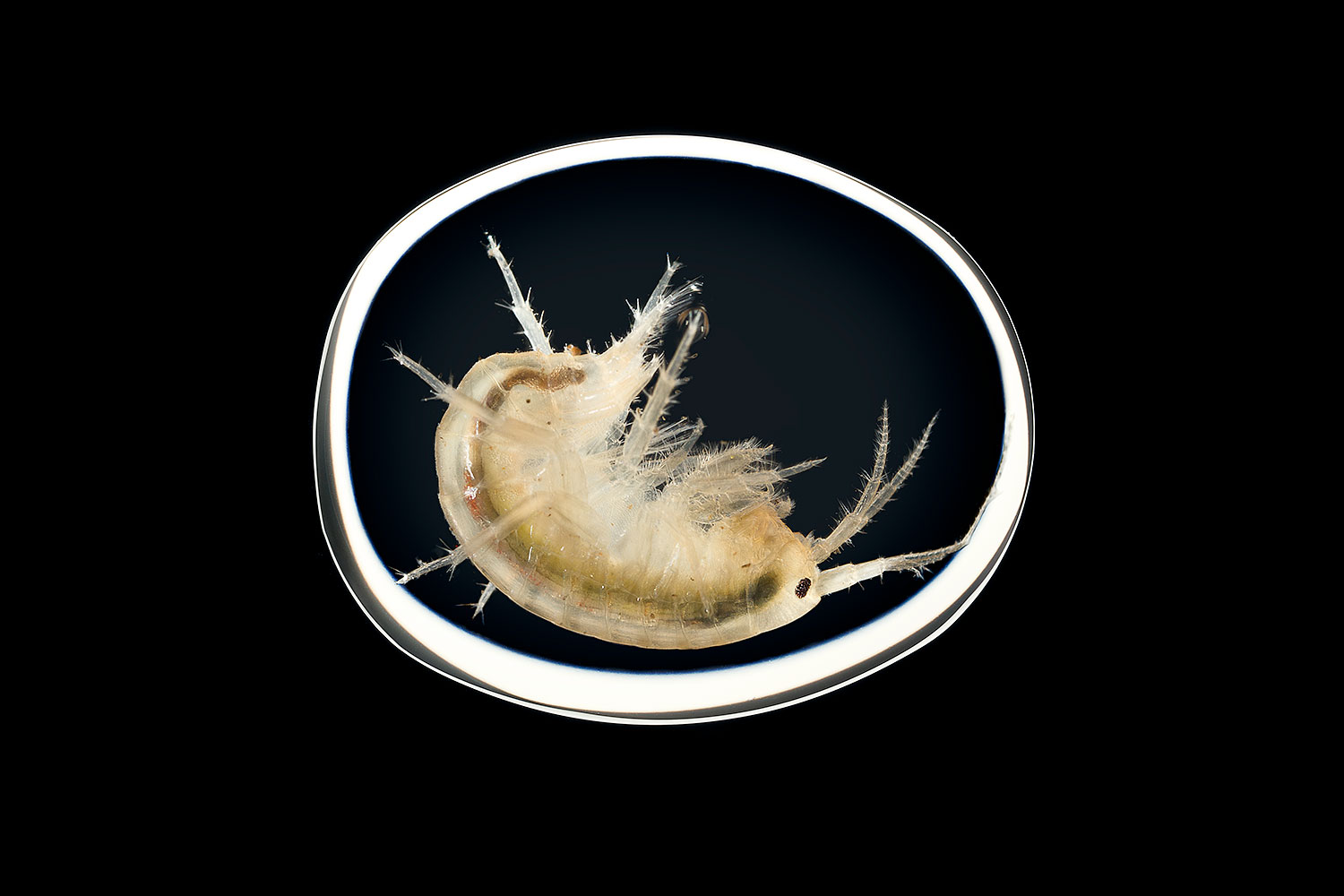
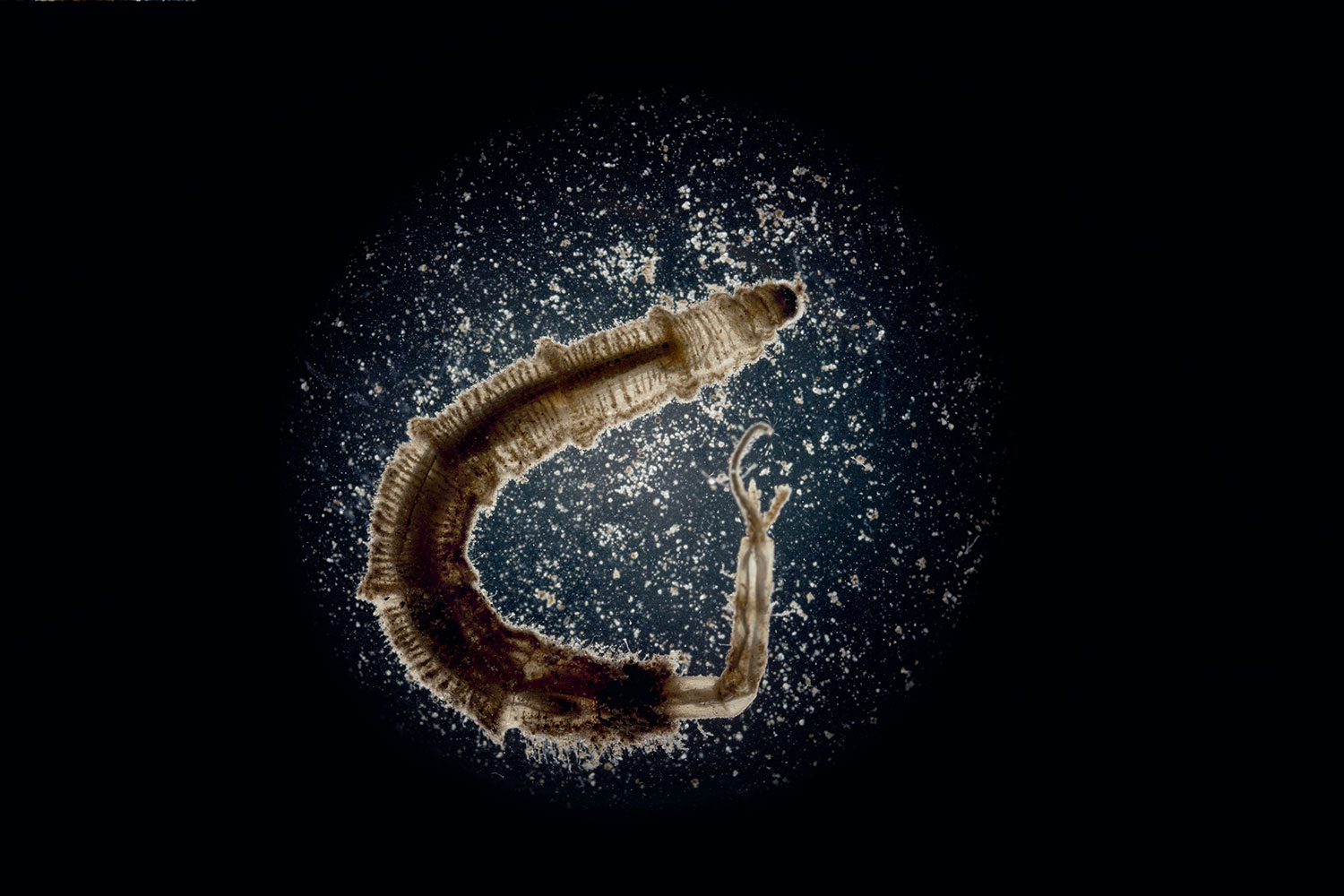
A small stream in the Blackdownhills from which I collected the samples seen on this page.
A close up of the sampled stream showing the type of substrate from which the caddis larvae construct their casings.
Three empty caddis fly casings showing the variety of material that the insects have to choose from.
Here are twenty five caddis fly casings demonstrating the sheer variety in shape and design.
